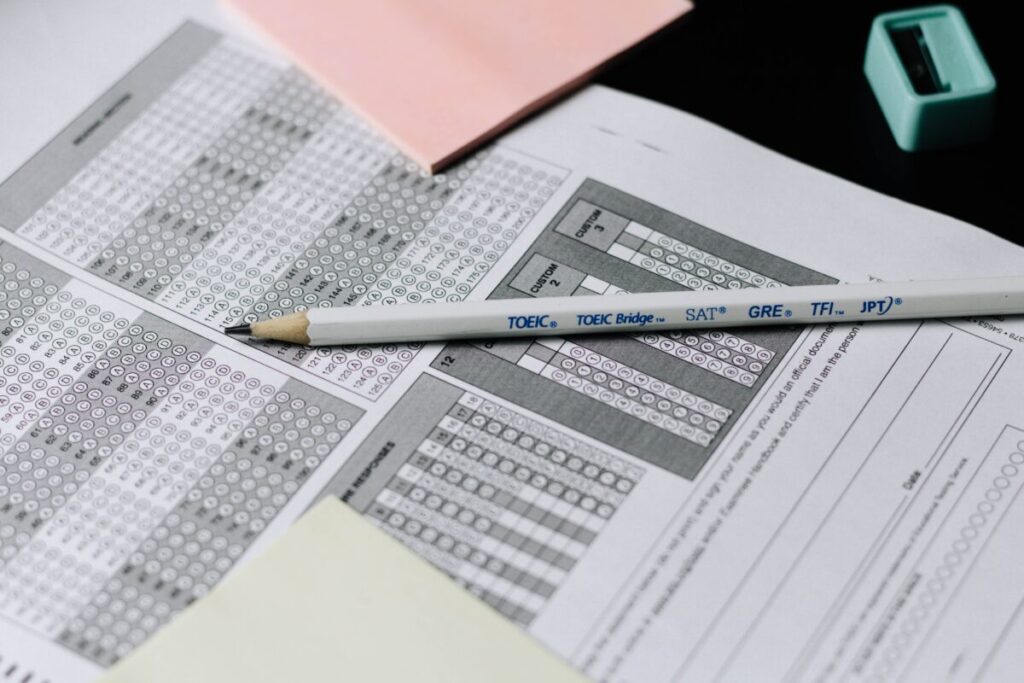A Guide to the SAT
If you want to walk into the SAT feeling confident and ready to succeed, preparation is key! To help you prepare for the big day, here is a guide to everything you need to know about the SAT. How do I register for the SAT? Visit the College Board website to register for the test. ... A Guide to the SAT

